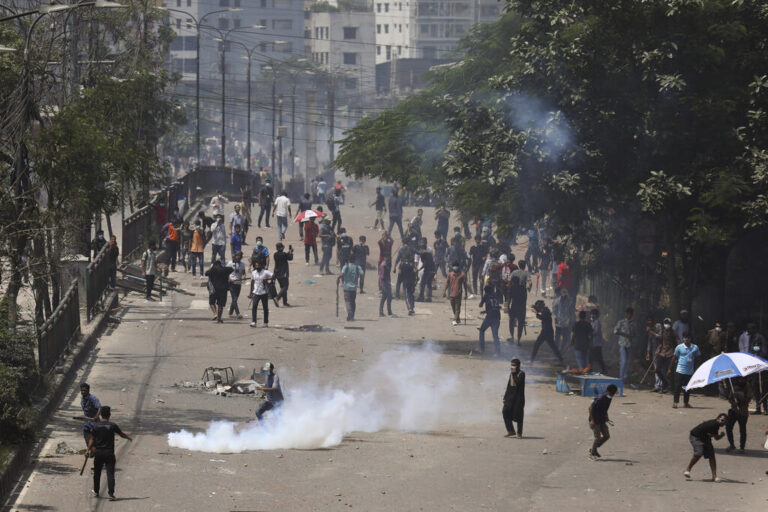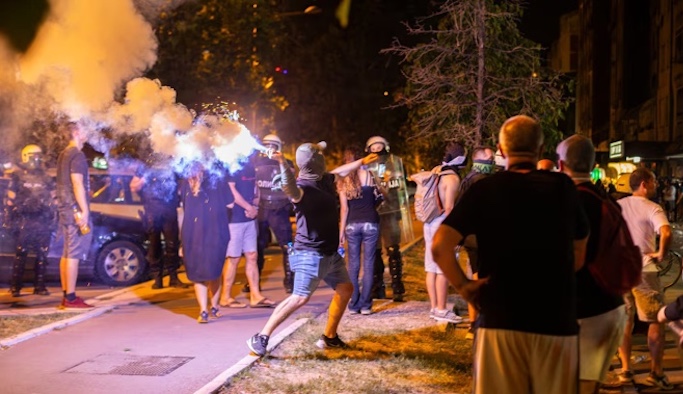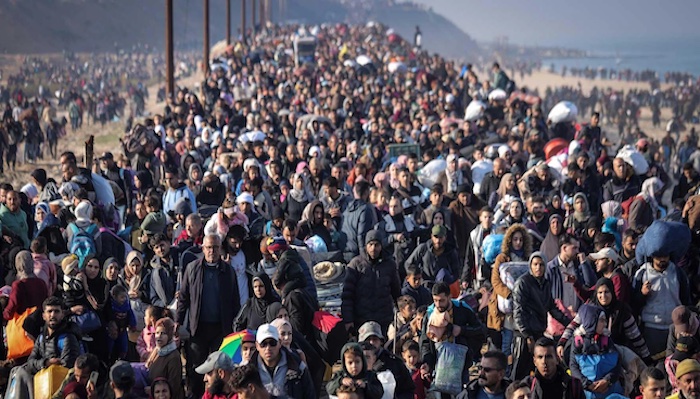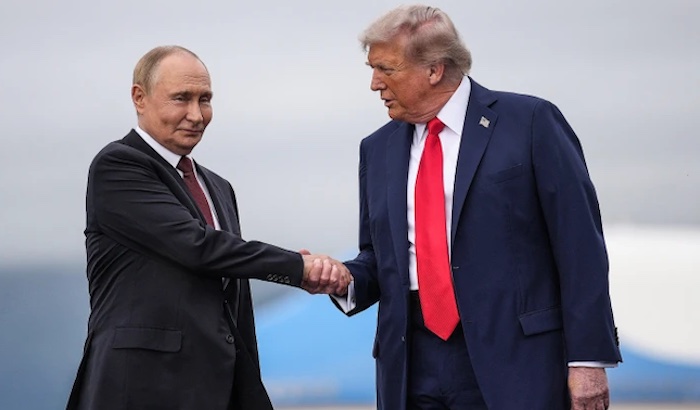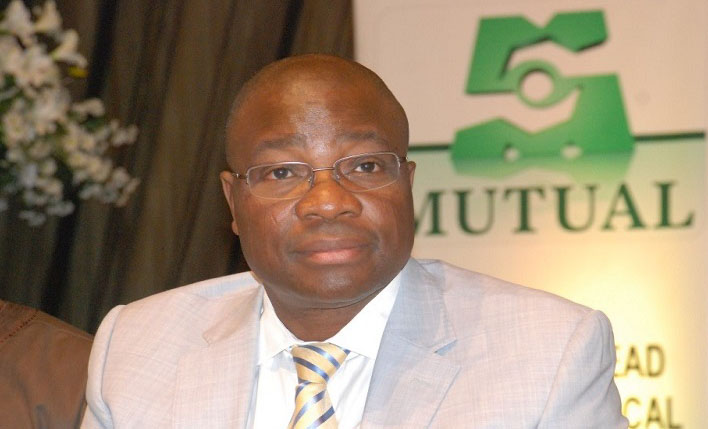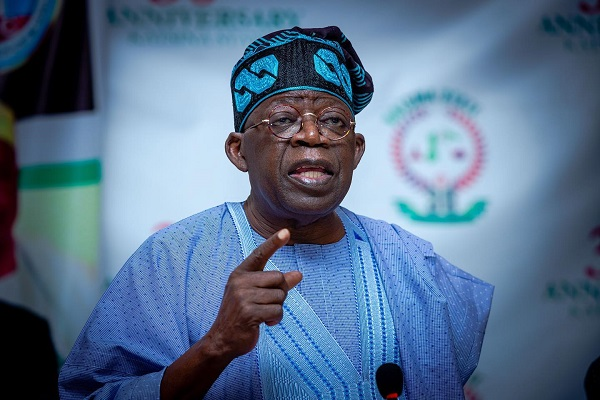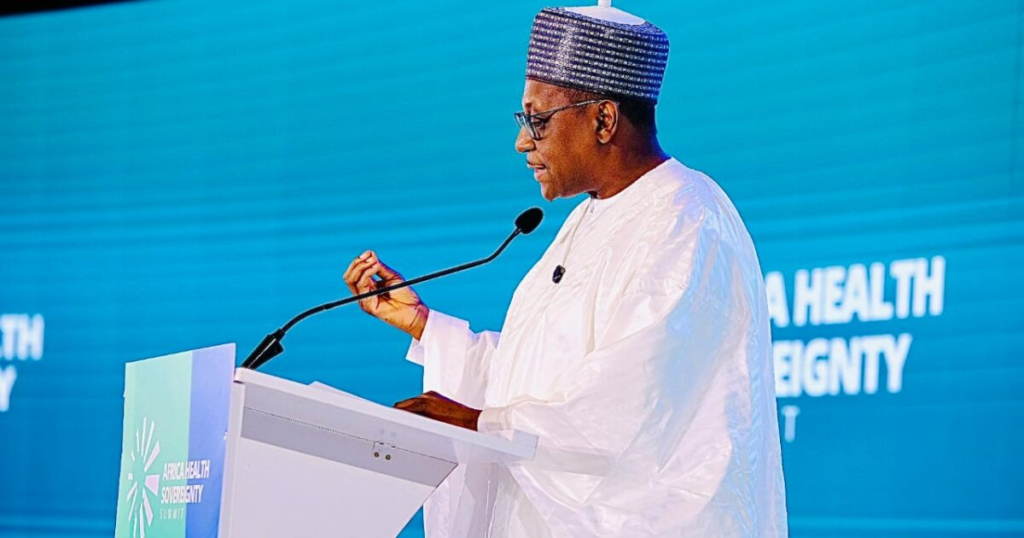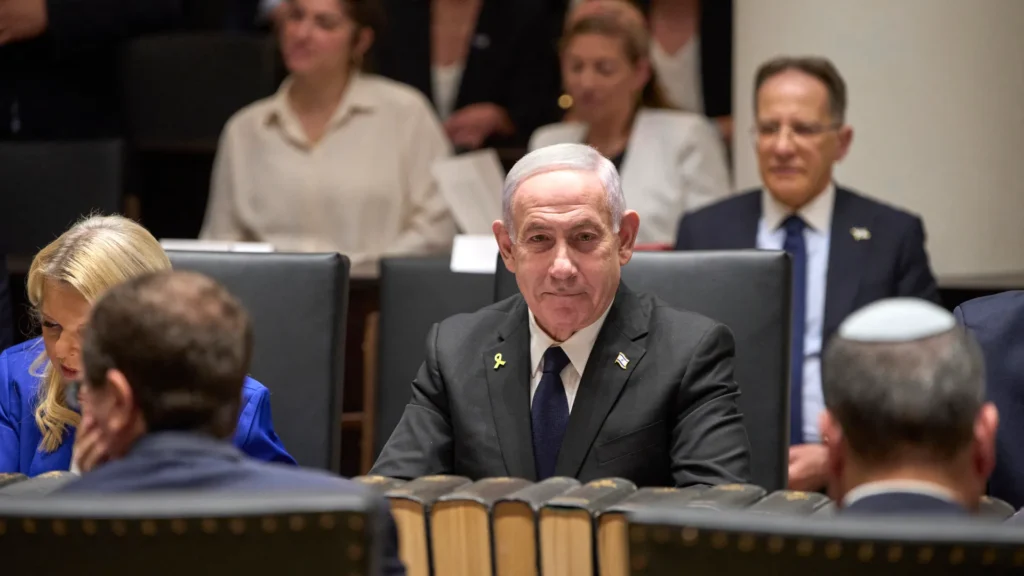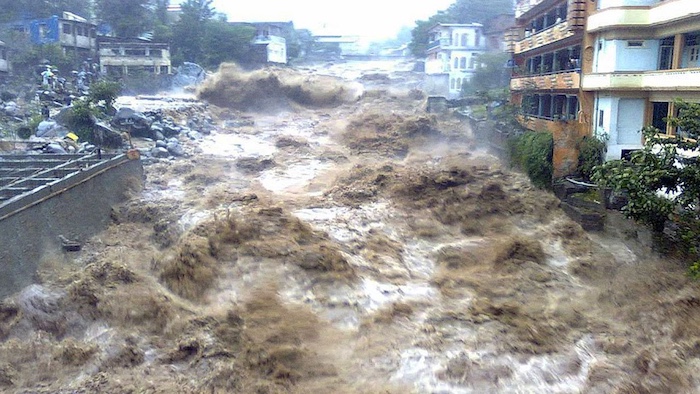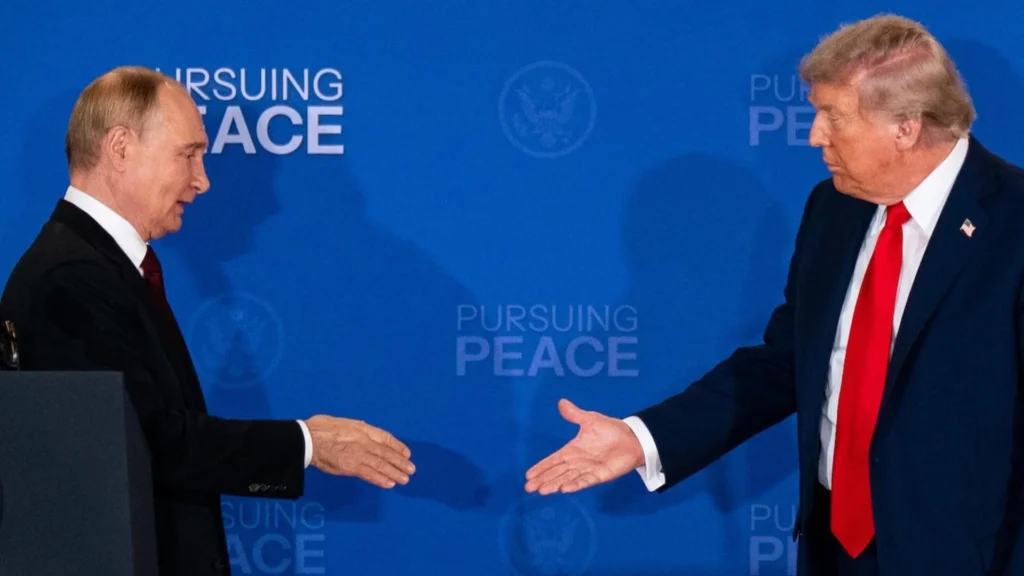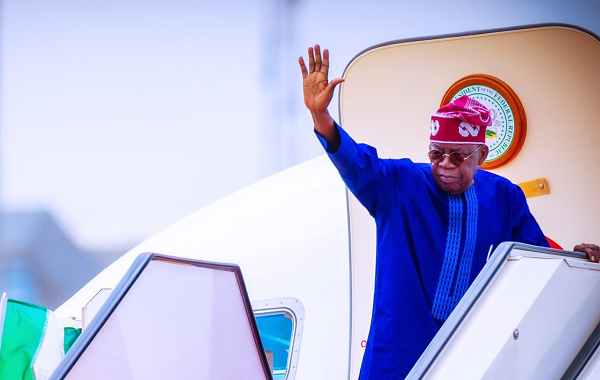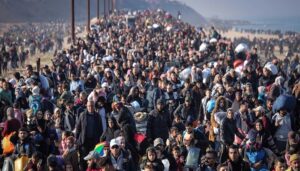Bangladesh’s Supreme Court has significantly reduced the quotas for government jobs that have incited violent clashes nationwide, resulting in more than 100 deaths. Previously, one-third of public sector jobs were reserved for relatives of veterans from the 1971 war of independence from Pakistan. The court has now ruled that only 5% of these roles can be reserved for veterans’ relatives.
The government has yet to respond to the ruling. However, Shah Manjurul Haque, a lawyer representing the petitioners who sought to maintain the quotas, called the decision “historic” and urged for calm and acceptance of the verdict.
“Let everyone accept this verdict,” Haque said during a press briefing, advising students to return home and cautioning “third parties” against exploiting the situation.
Despite this, a spokesman for one of the student groups told AFP that protests would continue. “We welcome the Supreme Court verdict,” said a representative for Students Against Discrimination. “But we won’t call off our protests until the government issues an order reflecting our demands.”
Dhaka’s streets remain deserted under a second day of curfew, though sporadic clashes continue. An armored vehicle is stationed outside the Supreme Court building, and soldiers patrol the capital, according to Reuters.
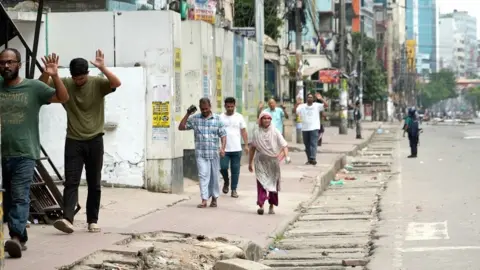
Some protest leaders have reportedly been arrested, and others demand justice for those killed in the clashes. While official reports confirm about 115 deaths, local media suggest a higher casualty figure, with at least 50 people killed on Friday alone.
The Supreme Court’s ruling stipulates that 93% of public sector jobs should be based on merit, with only 5% reserved for veterans’ family members. An additional 2% is allocated for people from ethnic minorities or those with disabilities.
Prime Minister Sheikh Hasina’s government scrapped the quota system in 2018, but it was reinstated by a lower court last month, leading to widespread protests.
The government has responded to the protests with a harsh crackdown, imposing a curfew and a communications blackout. Protest coordinators accuse police and the Bangladesh Chhatra League, the student wing of the ruling Awami League, of using brutal force against peaceful demonstrators. The government denies these allegations.
Despite being one of the fastest-growing economies globally, Bangladesh’s economic growth has not led to sufficient job creation for university graduates. Estimates indicate that approximately 18 million young Bangladeshis are seeking employment, with university graduates experiencing higher unemployment rates compared to their less-educated counterparts.

